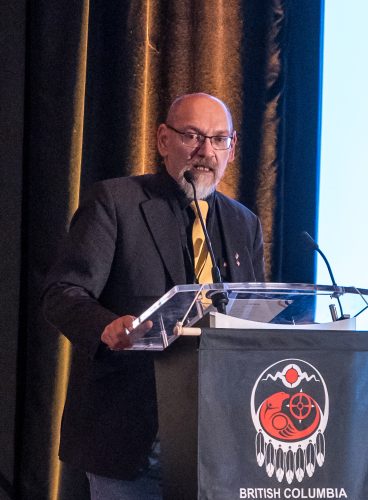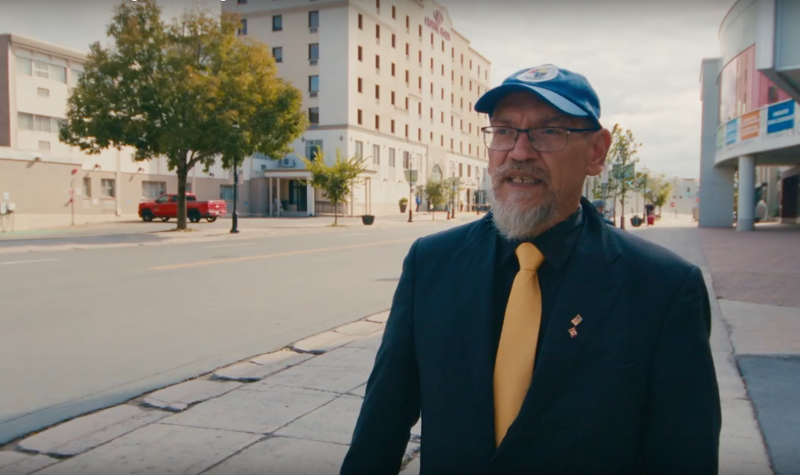The record setting forest fires in British Columbia this year have been traumatic for people in community that have been impacted by the destruction. And this year's fires aren't an isolated occurrence. Many communities affected by fires in years past are still dealing with the aftermath.
Today's interview looks back to the Lytton wildfire of 2021. The fire began on June 30, 2021 and destroyed 90% of the village.
Retired Kanaka Bar First Nation Chief, Patrick Michell spoke at the BC Assembly of First Nation's Housing Forum in Prince George on October 26 and 27th. He resides in Lytton, BC just north of Kanaka Bar Reservation. Like so many other homes in the community in 2021, his home too went up in flames, despite being retrofitted with fire resistant material.
Following a "Hope Leads From Action" philosophy, he envisions rebuilding the community with better materials for better climate resiliency.
Patrick Michell reminds us that we've know about effects of greenhouse gases since 1988, but laments that we haven't changed our strategies. He breaks down the challenges confronting housing that exist in the environment in his video, Kanaka Bar - The Wolves of Climate Change. Heat, hydrology, cold, and more affect housing differently now than what we've encountered in Canada during the 20th century. Insurance rates are rising as a result, and current standardized building codes don't guide builders towards climate resilient homes. A solution he proposes is to build housing using materials outside of typical stick-frame construction methods to make homes fireproof rather than just fire resistant.
Michell isn't afraid to propose a product he feels could be part of the solution which "doesn't transmit heat. It's fireproof, so it's impervious to direct flame. It doesn't transmit external heat from the outer wall to the inner wall. So that means if it can keep the heat out, it keeps cold." Among other manufacturers in the world, AAC (aerated autoclaved concrete) is currently produced by CEMEX, a company based in Mexico with European and American wings. There are hopes of manufacturing this insulative cement based material closer to home.
Michell's recommendation stems from his belief that, "We're all facing the same existential crisis. A foundation of life is shelter, and we live in shelters built on houses of cards. These are houses of cards. Can we renovate retrofit our current build? Yes, we can protect their homes against heat. We can protect their homes against fire. We can protect their homes against wind and all those other things."
Michell states, "We're not planning for future events. We're living them now. But there's still time. There's still time to make the investments in your tomorrow today."
A mantra Michell repeated was, "Right-click and steal. Information is power and we give it away for free.”

Patrick Michell addresses the crowd at a recent BCAFN Housing Conference in Prince George BC
Photo Credit - BCAFN


